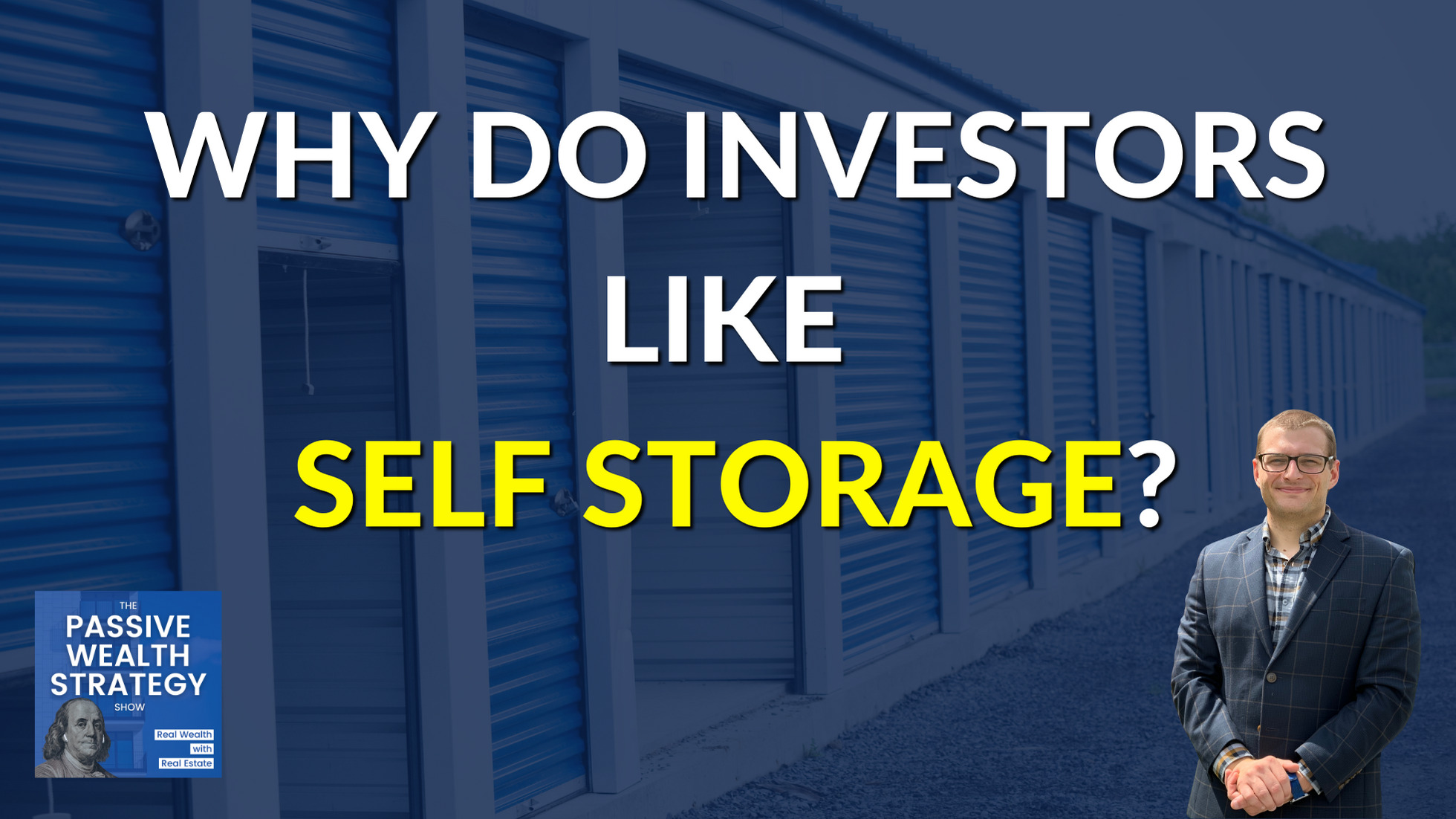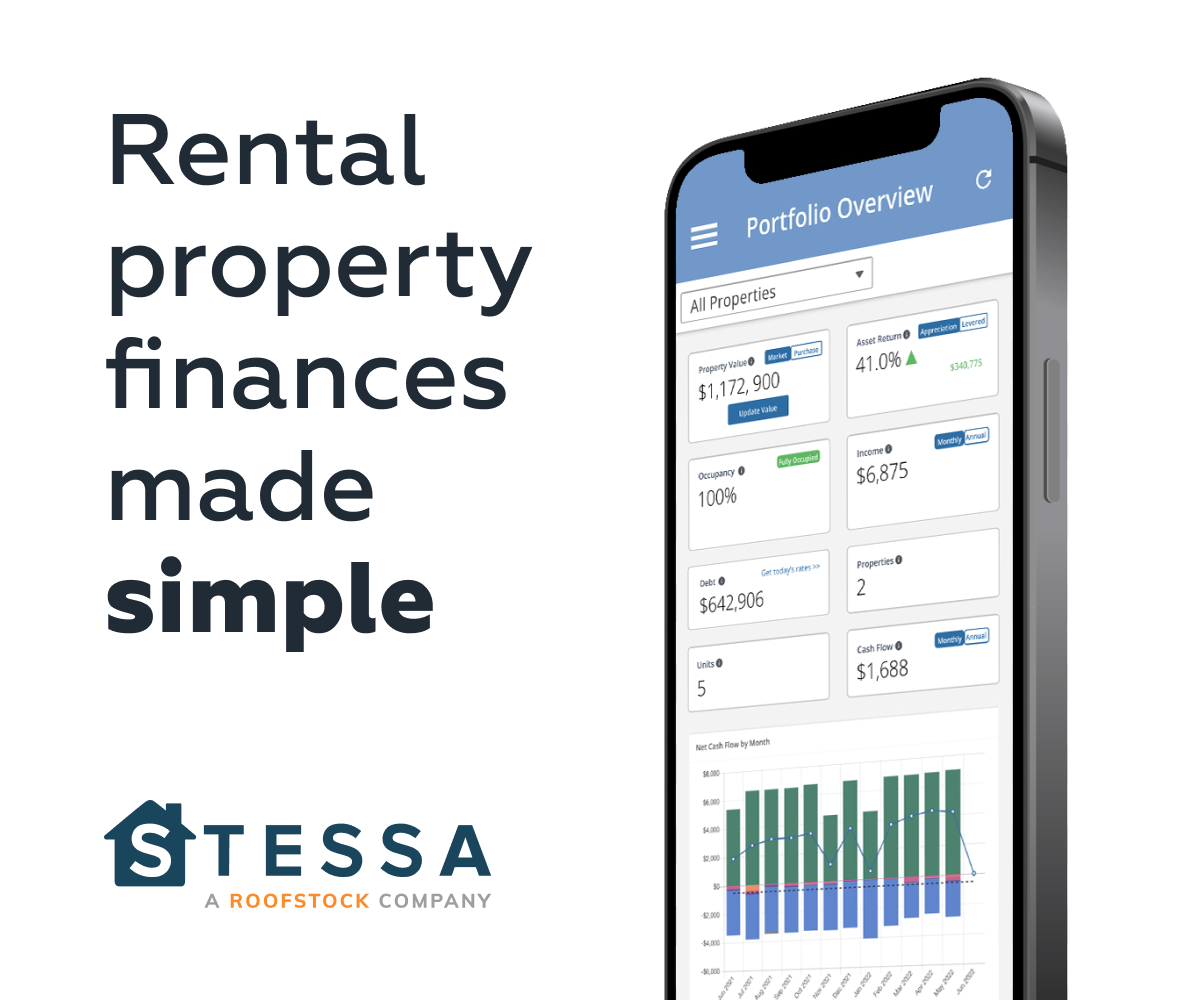
Why do Investors like Self Storage?
Self Storage investing has grown in popularity quite a bit in recent years. While today it is still a niche real estate investment, large players have quietly entered the space.
But why?
Here I’ll go through 5 reasons I love investing in self storage. We’ll discuss how we look for value creation opportunities, why we’re comfortable holding self storage in the long run, and more.
1) Demand
The demand for self-storage facilities has been steadily increasing in recent years, as more and more people are using them to store their extra possessions. This high demand can lead to steady rental income for the owner.
A major factor that has contributed to the demand for self storage is the increase in urbanization and the resulting lack of space in cities. As more people move into urban areas, they may not have access to the same amount of home storage space as they would in a suburban or rural setting.
The growth in the number of small businesses, such as online retailers, has also led to an increase in demand for self storage.
These businesses may not have the space to store inventory or other business-related items, so they turn to self storage facilities to keep their belongings.

2) Stable Revenue
Renters typically sign lease agreements for self-storage units, which means that the owner can count on a regular stream of income.
Leases and liens are key parts of our revenue toolkit. Self storage facility leases typically have a minimum rental period, which can range from one month to a year or more. Self storage tends to be a sticky business. When customers put their stuff in your facility, they’re surprisingly likely to leave it there for a long time. But what happens when a renter stops paying?
We use liens!
A lien is a legal claim that a creditor can place on a person’s property, such as a car or a boat, as collateral for a debt. In the context of self storage, a lien may be placed on a renter’s stored belongings if they fail to pay their rent or other charges as outlined in their lease.
The self storage facility has the right to place a lien on the stored belongings as a means of recovering the unpaid rent or charges. This is known as a “self storage lien,” and it allows the facility to sell the belongings in order to recover the debt.
In most states, self storage facilities are required to follow specific procedures in order to enforce a lien on a renter’s stored belongings. This may include providing the renter with notice of the unpaid rent or charges, as well as the opportunity to pay the debt or remove their belongings from the storage unit before the lien is enforced.

Real Self Storage Auctions Aren’t Glamorous.
If the renter does not pay the debt or remove their belongings, the self storage facility may sell the stored items at a public auction in order to recover the unpaid rent or charges. We’ve all seen Storage Wars! Only, in reality, it’s neither glamorous nor exciting.
3) Low Maintenance
Self-storage facilities require relatively little maintenance compared to other investment real estate. The buildings themselves tend to be fairly basic, concrete and metal construction, with little to no plumbing or other relatively high failure rate systems.
In addition, self storage facilities often have security measures in place, such as fencing, gates, and security cameras, which can help to prevent vandalism and other types of damage. This can further reduce the need for maintenance and repairs.
Climate controlled and chilled storage facilities can have somewhat higher maintenance bills. Fortunately, these higher costs are more than offset by increased rental rates.
4) Tax Benefits
Self-storage facilities may qualify for certain tax benefits, such as depreciation. Depreciation is a tax benefit that is available for certain types of real estate assets, including rental properties and self storage facilities. Depreciation allows the owner of the property to claim a deduction on their tax return for the wear and tear that occurs over time.
We sometimes call depreciation a “paper loss.”
The amount of the depreciation deduction is based on the useful life of the asset and the depreciation method used. There are several different depreciation methods that may be used, including the straight-line method, the declining balance method, and the sum of the years’ digits method.
One of the main advantages of depreciation as a tax benefit is that it allows the owner of the property to reduce their taxable income, which can result in a lower tax bill. This can be especially beneficial for real estate investors who are holding a property for the long term and generating rental income.
5) Potential For Appreciation
As with any real estate investment, there is the potential for the value of the property to appreciate over time. Our goal as self storage investors is to take the reins and force appreciation by increasing our properties’ Net Operating Income (NOI).
There are several ways that self storage facility owners can add value to their property and potentially increase its value through forced appreciation.
There are several ways to force appreciation in self storage. Here are a few which we have implemented in various deals:
- Expanding/Adding Square Footage
- Adding climate-controlled units
- Automating Management & Leasing
- Raising Rents to Market
- Exterior improvements
- Controlled access (i.e. a gate with security code)
- Security Cameras with 24/7 monitoring
- U-Haul and other moving services
Bear in mind that not all of these forced appreciation strategies are applicable to every property. For example, some markets do not have demand for climate controlled units.
Management Improvements
Most of the US’s self storage industry is owned by Mom & Pop proprietors. These types of owners typically do not use the latest in management technology, still managing their properties through paper books, collecting rent via checks, and other outdated business management practices.
New, sophisticated management software packages can automate most of those outdated functions! For a relatively small fee, we can take all of the work out of collecting rent, onboarding new renters, paying expenses and so much more.
Occupancy & Rental Rates
Mom & Pop self storage owners tend to try to maximize physical occupancy. That means that they’ll try to keep each unit occupied with a renter’s stuff, even if the renter is days, weeks, or months late on rent. They’ll also tend to keep rents the same for years on end, not keeping pace with trends in their markets. Thereby leaving lots of money on the table.
Our goal is actually to maximize economic occupancy and Net Operating Income. Economic occupancy is the percentage of units for which we have a paying renter. Maximizing NOI means that we continue to bring rents up to current market values, not falling behind year over year.
Marketing
Our biggest opportunity to grab potential renters is online. Want to know what Mom & Pops miss out on? Internet marketing!
Self storage investors look to purchase properties that are not fully utilizing online marketing tools. Tools like Google Maps and Sparefoot help us grab potential renters right where they search for a storage unit, meaning higher occupancy, higher rents, and more income!
Overall, self-storage can be a good investment for real estate investors because it offers a combination of steady income, low maintenance, and potential for appreciation. There are numerous factors self storage investors like about this asset class. Here we detailed a few of our key favorites about investing in self storage properties.







